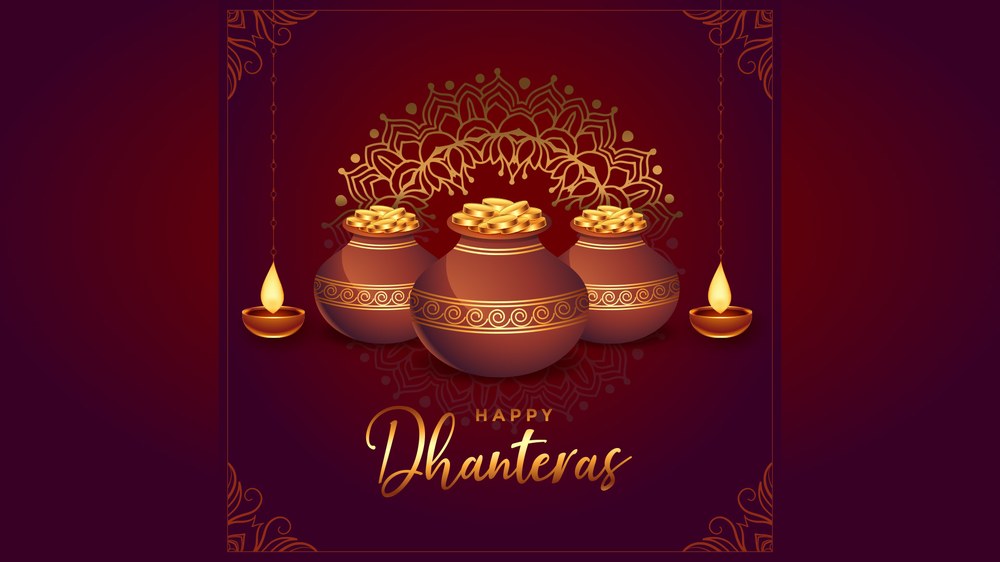Celebrating Diwali
Diwali is an Indian festival celebrated by many people around the world, symbolising the spiritual ‘victory of light over darkness, good over evil, and knowledge over ignorance’. The festival is celebrated over five days, often with long parties into the night and streets lit up by diyas—cup-shaped clay oil lamps—lanterns and candles.
Diwali is also referred to as the ‘Festival of Lights’, with each day recognising different religious significance. Below you will find a list of all five days of Diwali, with their names, religious importance and how many choose to celebrate.
We would like to wish all those celebrating a safe and happy Diwali.
The five days of Diwali
First day

Marking the beginning of the festivities is Dhanteras. It is believed that on this day the Hindu god of medicine, Dhanvantari, came out of the ocean to gift the science of medicine. This is considered to be an extremely auspicious day for making new purchases, especially of gold or silver, and new utensils. In the evening, children light crackers and earthen lamps are lit outside homes.
Second day

The second day of Diwali is Kali Chaudas, or Narak Chaturdasi. It is believed that Lord Krishna destroyed the demon Narakasur, freeing the world from fear. It is customary not to light diyas or step out on this day and to stay at home and relax so that Diwali can be celebrated with utmost vigour and devotion.
Third day

This day is Diwali—where Goddess Lakshmi is worshipped, along with Lord Ganesha, the god of beginnings. Diyas and candles are lit in homes and the streets of India are decorated with millions of sparklers, crackers and fairy lights.
Fourth day

The fourth day is celebrated in various forms across India. In the western states, this day is celebrated with great pomp and marked as Bestu Varas (New Year). In the northern states, this day is celebrated as Govardhan Puja, where devotees prepare and offer a large variety of vegetarian food to God as a mark of gratitude.
Fifth day

The fifth day of Diwali celebrations is observed as Bhai Dooj and celebrates the sibling bond between brother and sister. It is customary for brothers to visit their sisters on this day to celebrate, and sisters will prepare sweets in honour of their brothers, wishing them great success and a long, happy, healthy life.

